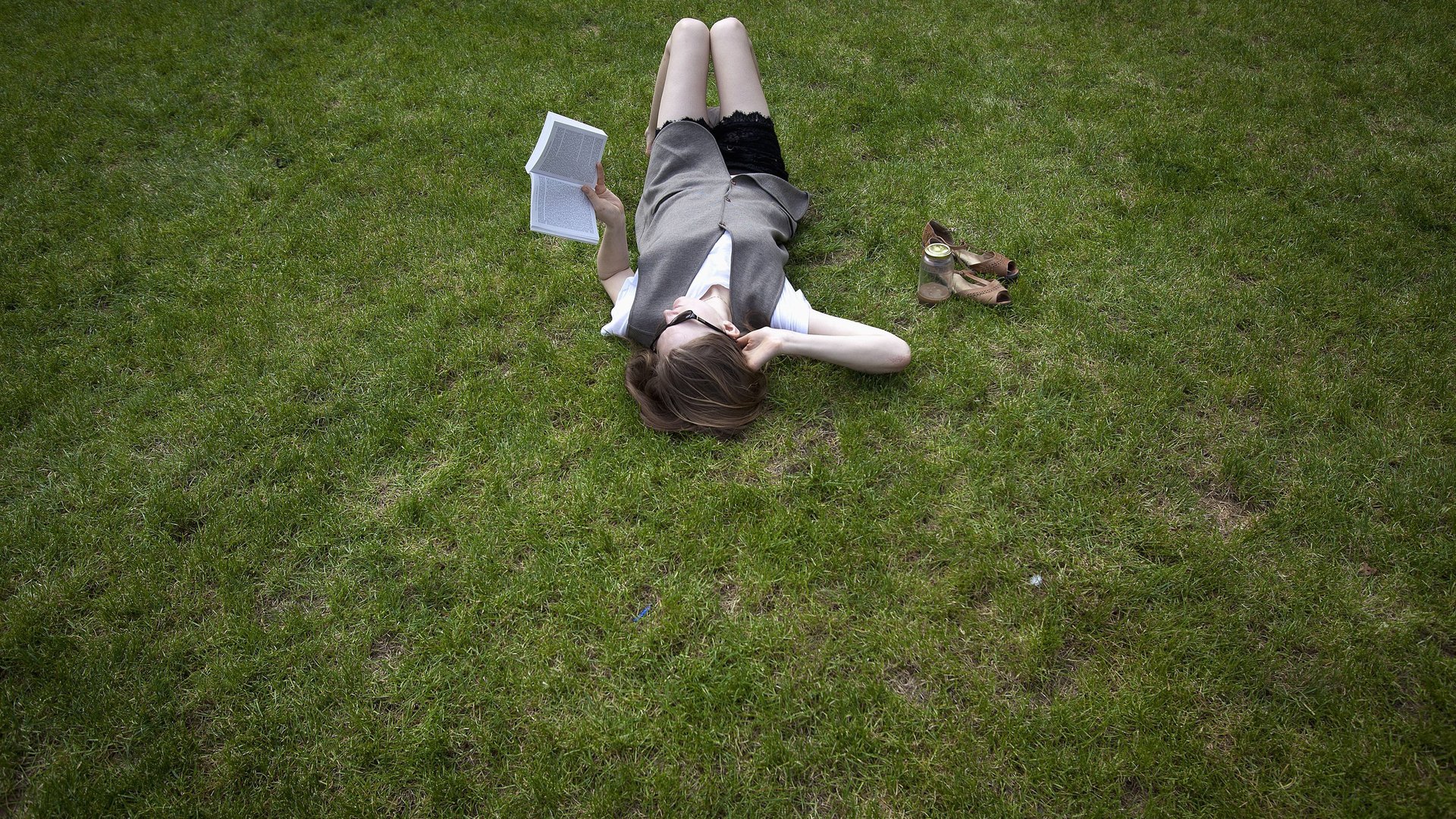Life’s mundane moments can later bring “unexpected joy”
In this selfie-obsessed era, it seems that any moment of the day that isn’t Instagram-worthy falls by the wayside. We all want to show our friends that delicious dish we ate and to document our trip to a museum exhibit that everyone’s talking about. But a new study suggests that there is real value in capturing life’s mundane, everyday experiences; and that documentation of these moments can bring us “unexpected joy” in the future.


In this selfie-obsessed era, it seems that any moment of the day that isn’t Instagram-worthy falls by the wayside. We all want to show our friends that delicious dish we ate and to document our trip to a museum exhibit that everyone’s talking about. But a new study suggests that there is real value in capturing life’s mundane, everyday experiences; and that documentation of these moments can bring us “unexpected joy” in the future.
“We generally do not think about today’s ordinary moments as experiences that are worthy of being rediscovered in the future,” said lead researcher Tim Zhang, a psychological scientist at Harvard Business School, in a release on the paper. “However, our studies show that we are often wrong: What is ordinary now actually becomes more extraordinary in the future—and more extraordinary than we might expect.”
The researchers, all from the Harvard Business School, conducted several tests looking at how prediction error could explain why people are so intent to only document what they see as “extraordinary moments” through photos and mementos—and why they overlook more mundane moments, such as conversations with friends or a typical day at the office.
In one test, 135 college students created time capsules at the beginning of summer. In each capsule, they were instructed to write on topics such as a recent conversation with a friend and the last social event they attended.
For each memory, researchers had the participant predict how “curious and surprised” they would be to read about it three months later. The findings showed that the students had “significantly” underestimated their interest in the time capsules, and enjoyed the experience of re-reading the past conversations. The Harvard team repeated the study a second time, this time online, and the findings were virtually the same.
Participants, the researchers explained, were excited to go back and look into what they had talked about with friends. The “rediscovery” of these memories, said Zhang, “highlighted the importance of not taking the present for granted and documenting the mundane moments of daily life.”
The study was published in the August edition of Psychological Science, a journal of the Association for Psychological Science.